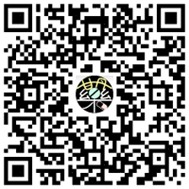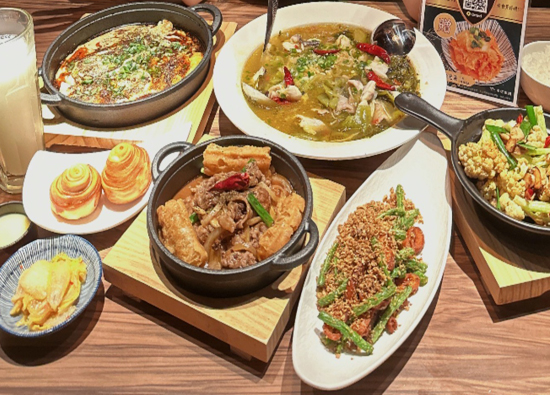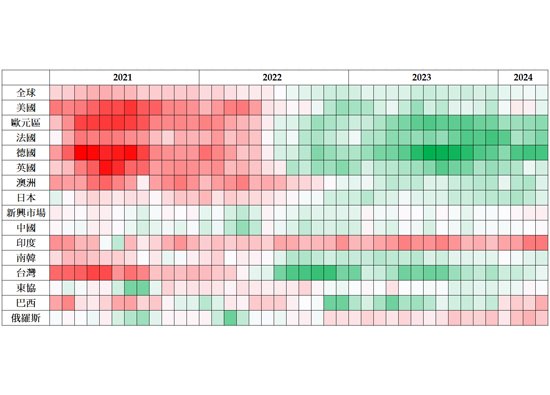07.2024 Life Guide
What are the preparations for overseas travel "medicine"?
Far Eastern Memorial Hospital Pharmacy Department / Liu Zongqi


 The peak season for summer tourism is approaching, and I believe everyone is eager to plan overseas travel. However, seeking medical treatment in a foreign land is inevitably inconvenient. In order to maintain health and a good mood during the journey, it is essential to prepare in advance. This Health Column introduces the precautions to be taken before traveling, as well as common symptoms and medications, to help you have a perfect vacation.
The peak season for summer tourism is approaching, and I believe everyone is eager to plan overseas travel. However, seeking medical treatment in a foreign land is inevitably inconvenient. In order to maintain health and a good mood during the journey, it is essential to prepare in advance. This Health Column introduces the precautions to be taken before traveling, as well as common symptoms and medications, to help you have a perfect vacation.Firstly, before departure, you can visit the Taiwan Centers for Disease Control website to inquire about international tourism health information, whether there are any prevalent diseases or epidemics in the local area, and whether there is a need for vaccination. For example, traveling to Kenya to watch animal migrations may require vaccination against yellow fever, meningococcal meningitis, typhoid fever, and malaria prevention medication. As complete resistance can only be developed after two weeks of medication, it is recommended to prepare in advance. If necessary, please visit the Far Eastern Memorial Hospital Tourism Medicine Clinic for consultation.
In addition, the official channel of Far Eastern Memorial Hospital's pharmacy department, "Oriental Petrochemical (Taiwan) PHARMASISTER Drug After WORK," has also launched related videos, introducing how to check whether there are epidemic diseases in tourist countries, which medical institutions provide vaccine delivery services, and many practical drug related information. It is recommended to subscribe to keep up with the latest information.
How should I prepare the medicine that I carry with me?
If carrying medication, it is recommended to prepare a copy of the physician's diagnosis certificate or prescription for customs clearance and inspection. Controlled drugs at levels one to three can apply to the Food and Drug Administration for the issuance of a "Certificate of Entry and Exit for Patients Carrying Controlled Drugs" (website of the Food and Drug Administration>Business Zone>Controlled Drugs>Controlled Drug License Application Zone). Before departure, you can also visit relevant websites to check if there are any special regulations in the tourism country to avoid violating local laws; As for prescription free medicines, they need to follow the standards of various countries.
Chronic disease drugs
People who have a continuous prescription for chronic diseases can go to the hospital to sign a cut-off certificate and extend the number of days for receiving medication (up to a maximum of two months); When packing your luggage, it is recommended to bring a few extra doses of medication, one with you and the other in the checked luggage to avoid accidental loss of medication. Diabetes patients should pay attention not to consign insulin, otherwise the cabin temperature is too low, which will easily lead to drug freezing and loss of effect. In addition, to meet boarding security requirements, it is recommended to carry an English medical record summary with you and prepare sugary foods to prevent hypoglycemic symptoms.
Common symptoms and medications in tourism
1. Carsickness
The components of motion sickness medicine are generally "antihistamine" and "scopolamine". The common components of the former include Meclizine and Dimenhydrinate, which may cause side effects such as drowsiness and fatigue. Special attention should be paid when taking them; Among them, Meclizine has a longer duration of action than Dimenhydrinate. It is recommended to consult a pharmacist for suitable drugs based on transportation time. As for "scopolamine", it has side effects such as drowsiness, urine retention, and dry mouth, and is not recommended for the elderly, children, or glaucoma patients.
It is generally recommended to take oral medications 30 minutes to 1 hour before taking transportation, and patch formulations are recommended to be applied to hair free skin 4 hours in advance. Currently, Far Eastern Memorial Hospital has oral formulations available.
2. Cold, analgesic and antipyretic effects
Cold is prone to nasal congestion and runny nose symptoms, and commonly used medications include vasoconstrictors (such as Pseudoepinephrine, Oxymetazoline) and antihistamines. If you have cardiovascular problems, be cautious when using vasoconstrictors. However, although Pseudoepine is not a controlled drug in Taiwan, it may be considered a controlled drug in other countries and should be noted in advance; The Oxymetazoline provided by Far Eastern Memorial Hospital is a nasal spray, and it is recommended to use it again when needed. It should not be used continuously for more than three days to avoid causing rebound nasal congestion. As for "antihistamine", it is divided into first and second generations. Usually, the second generation has less side effects of drowsiness, and common ingredients such as Fexofenadine, Loratadine, Levocetirizine, etc.
The common medication for pain relief and fever reduction is acetaminophen. Although it is relatively safe, it should still be used according to the instructions of a physician or pharmacist; Another type of medication is non steroidal anti-inflammatory drugs (NSAIDs), which have a more effective analgesic and antipyretic effect than acetaminophen. However, people with poor gastrointestinal or renal function should use them with caution.
3. Upward vomiting and downward diarrhea
Common ingredients of antiemetics include Metoclopramide and Domperidone, which are usually recommended for use before meals. The latter also comes in children's specific water-based supplements, which can be provided to children according to the prescribed dosage.
Diarrhea drugs mainly include two types: "inhibiting gastrointestinal peristalsis" and "adsorption type". The common ingredient of the former is Loperamide, which should not be used by children under two years old; The latter includes "Dioctahedral smectite" and self funded "Pecolin", both of which can interfere with the absorption of other drugs. Please pay special attention to using them separately from other drugs for at least two hours, especially "Dioctahedral smectite" is not recommended for children under two years old; Children older than three months are more recommended to use "Racecadotril", which can be added with food or a small amount of water (such as placed in a teaspoon), fully mixed before taking, and continue to treat until there are two records of normal defecation, but this medicine contains sucrose, which should be noted by diabetes patients.
4. Preventive medication for mountain sickness
The human body is prone to discomfort in the brain or lungs at altitudes above 1500 meters. Therefore, when traveling to high mountains or plateaus, attention should be paid to mountain sickness. Common medications include Acetazolamide, steroids, Nifedipine, and Sildenafil. Among them, "Danmusi" is a sulfonamide drug, and allergy sufferers need to inform their physicians; Steroids are generally not recommended to be used for more than 7 days; Calcium ion blockers and Viagra prevent high-altitude pulmonary edema by reducing the resistance of pulmonary blood vessels. The above are all prescription medications and should be taken according to medical advice.
epilogue
Before traveling, please first understand whether there is an epidemic in the destination, the relevant regulations for vaccination, and whether to travel to high-altitude areas. Chronic disease patients who take regular medication, or special populations such as pregnant women, children, and the elderly, can request a physician to issue a prescription; As for prescription drugs and patent medicines, they are relatively safe and can be purchased according to needs after consulting a pharmacist. Wishing everyone a healthy and happy journey.
※ If you have any questions, please feel free to consult the Far Eastern Memorial Hospital Drug Education Resource Center at (02) 7728-2123, or scan the Gandan LINE @ QR Code for inquiries
#




















